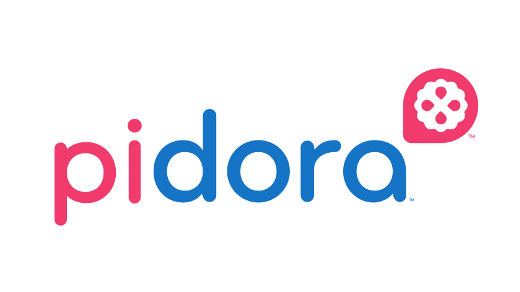Raspberry Pi hackers now have a new OS option built by the The Seneca Centre for Development of Open Technology (CDOT). Pidora is a Fedora remix optimized specifically for the Raspberry Pi based on a brand-new build of Fedora for the ARMv6 architecture.
"The Pidora build was performed at Seneca's Centre for Development of Open Technology based on our experience operating the Fedora ARMv5tel/armv7hl build farm over the past three years," said Chris Tyler, Industrial Research Chair at the CDOT.
For those interested in the details of why it's different, the Fedora ARM project has built packages for armv5tel (ARMv5 architecture with the soft-float ABI, which can be used with or without a floating point unit) and armv7hl (ARMv7 architecture with the hard-float ABI, which requires the presence of a floating point unit). Pidora is built with optimizations for the ARMv6 processor and the optional hard-float ABI because the Pi has a hardware floating point unit.
Features
- Almost all of the Fedora 18 package set available via yum (thousands of packages were built from the official Fedora repository and made available online)
- Compiled specifically to take advantage of the hardware already built into the Raspberry Pi
- Graphical first-boot configuration (with additional modules specifically made for the Raspberry Pi)
- Compact initial image size (for fast downloads) and auto-resize (for maximum storage afterwards)
- Auto-swap creation available to allow for larger memory usage
- C, Python, & Perl programming languages available & included in the SD card image
- Initial release of headless mode can be used with setups lacking a monitor or display
- IP address information can be read over the speakers and flashed with the LED light
- For graphical operation, Gedit text editor can be used with plugins (python console, file manager, syntax highlighting) to serve as a mini-graphical IDE
- For console operation, easy-to-use text editors are included (nled, nano, vi) plus Midnight Commander for file management
- Includes libraries capable of supporting external hardware such as motors and robotics (via GPIO, I2C, SPI)
Download it and contribute at pidora.ca.







4 Comments